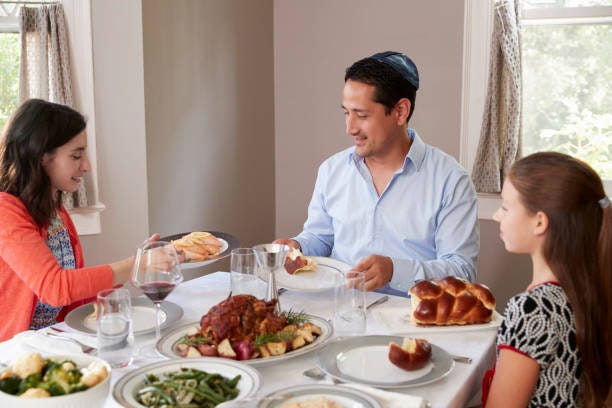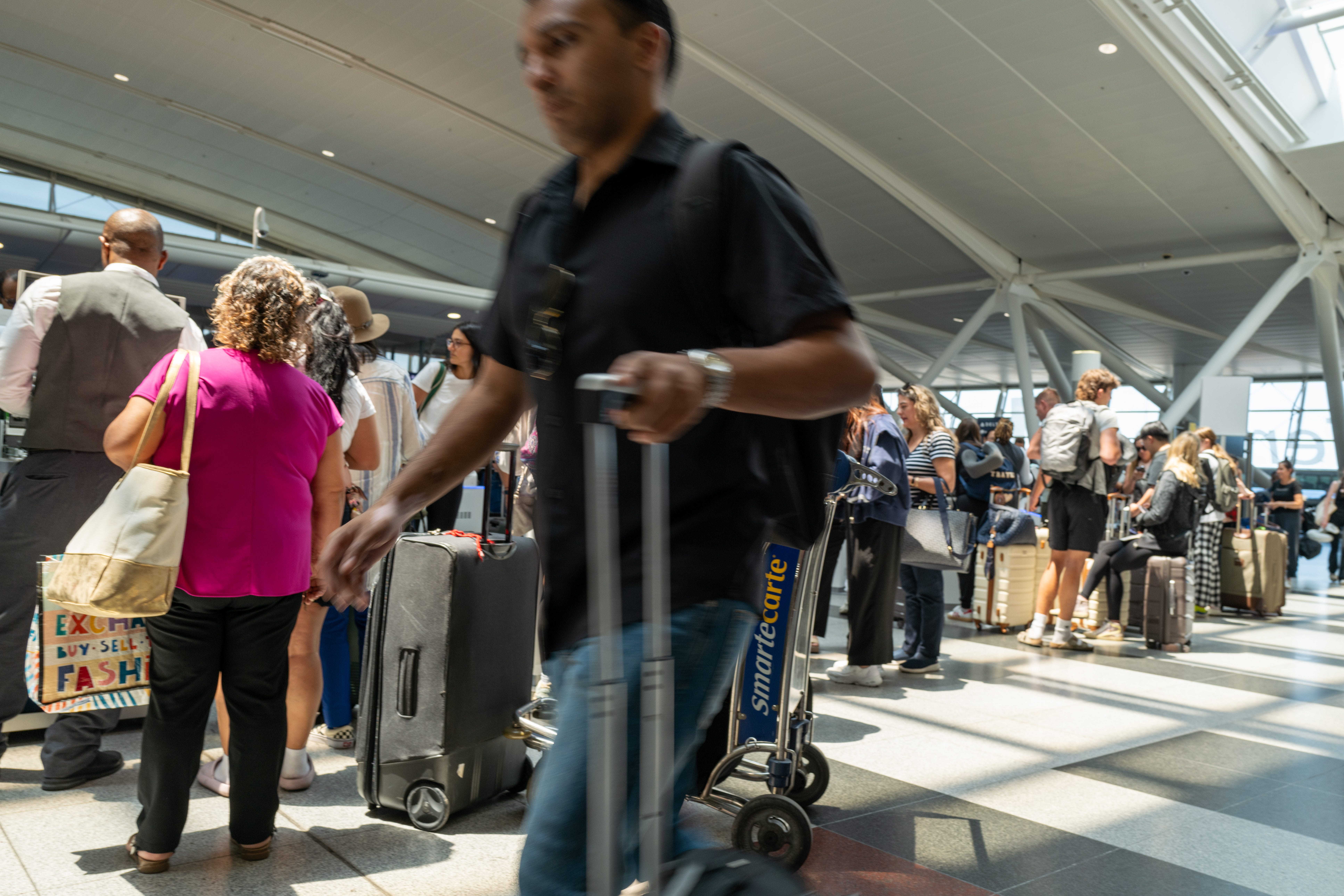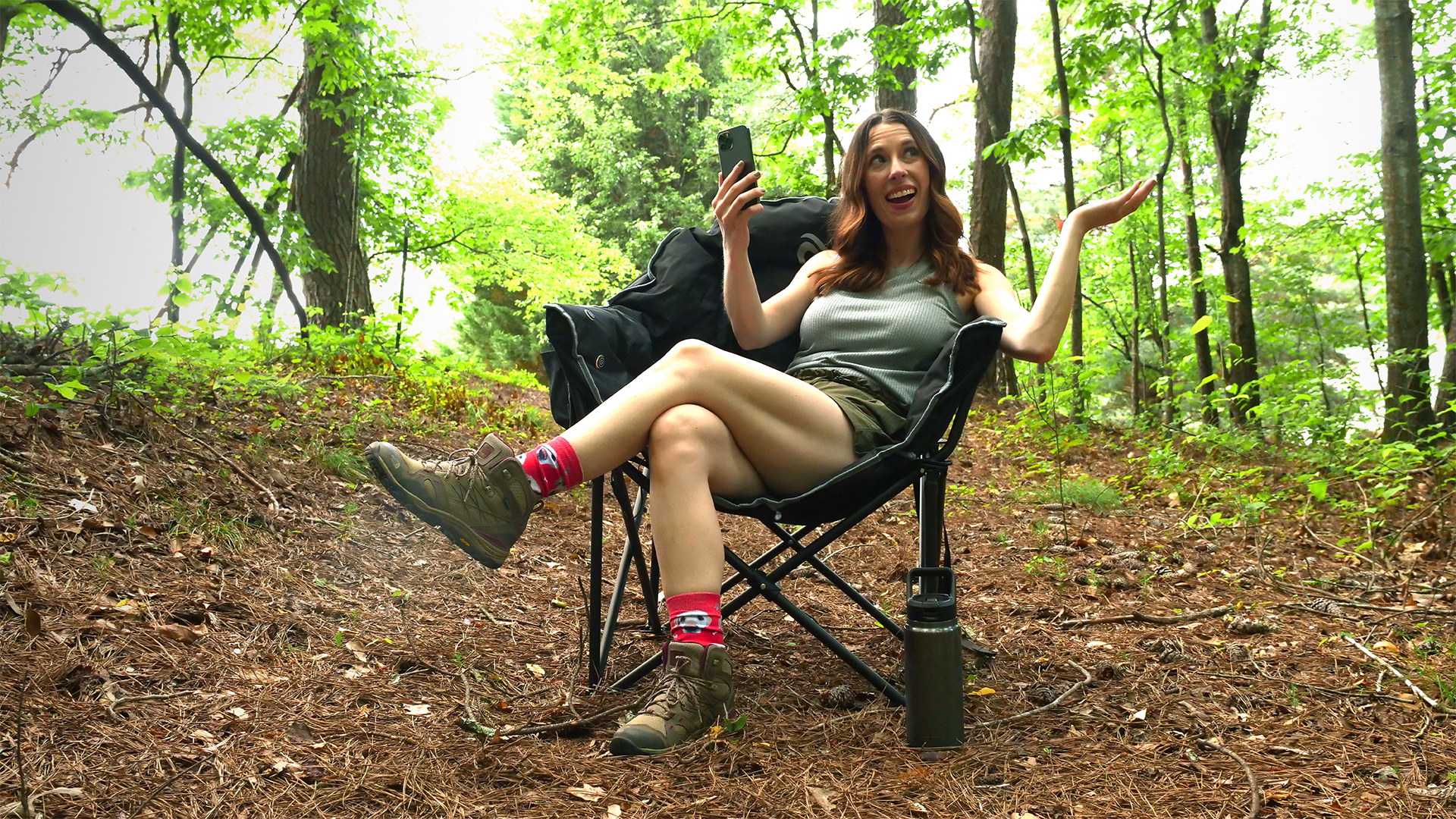How Sacred Sites Are Helping Travelers Reconnect – With Themselves And Each Other

- People are increasingly visiting religious sites for spiritual connection and cultural understanding.
- Visiting religious sites can foster a sense of community and shared worldview.
- Experiencing different faiths and cultures can broaden perspectives and promote understanding.
- Religious tourism is growing, with people finding deeper meaning and connection through travel.
Wad Khalafalla had never planned on visiting Saudi Arabia, but at some point she started to feel like she was being drawn there.
As a Muslim, she technically had a religious obligation to go, but for much of her life, Khalafalla, 32, said she didn’t feel connected to her faith.
“Religion is sometimes taken from a place of fear, and it’s fear-based education and learning. I put it up in a nice little box in the corner and was like, ‘yeah, I’ll come back to that in another time,’ ” she told USA TODAY. But after a series of events and encouragements from friends and family starting in 2020, she finally went on her first trip there in 2024.
“I was overcome with tears,” Khalafalla said of her first visit to the Muslim holy sites. Approaching her faith on her own terms in her own time helped her feel more connected to the religion, but also to humanity as a whole.
She’s since visited a second time this March, for part of Ramadan.
Across religions and their various significant and holy sites, people of all faiths have shared in Khalafalla’s experience.
Visitors to all kinds of religious sites, from popular tourist attractions like the Vatican to small family-run monuments, have said that the power of gathering in a place where people have been directing their spiritual energy for hundreds or thousands of years can be overwhelming and inspiring.
In her book “Surprised by God,” about her own spiritual journey from atheism to religious observance, Rabbi Danya Ruttenberg wrote about having an encounter with the divine on a tour of churches in Italy.
“Houses of worship have a certain kind of palpable vibe, perhaps the residue of so many prayers, or perhaps even of the sacred itself,” she wrote. “The paintings inside these Italian churches felt like they had some sort of intention that animated the art, and the spaces themselves absolutely buzzed with it.”
It seems more people than ever are seeking out these kinds of experiences. According to a report from Grand View Research, people have been spending more money on religious tourism year-over-year. The industry was valued at $254.3 billion in 2023 and is forecasted to grow every year between then and 2030.
Laetitia Maruani, 31, was born in Dallas shortly after her parents moved from Morocco. She said she visited their home country frequently as a child, but returning to Morocco as an adult in 2023 and specifically visiting the grave of a rabbi that her family maintains in the mountains there, helped her reconnect to her faith and her culture in a way she never had before.
“Jews from all over the world had an origin story and we were just dispersed everywhere, and we lose track of where we came from. It’s so important to go back and see, this is what your ancestors did,” she said. “The lines get blurred for me between history, culture, religion, it’s kind of one very big thing.”
Khalafalla was also raised by immigrants in the U.S. She was born in Sudan and moved to the states as a child. Both women said religion is less of a central focus of life in the U.S., which can make it harder to feel grounded in their cultures day to day.
“We don’t have structural inclusivity in regards to religion in this country,” Khalafalla said, pointing out that during Ramadan, she struggled to find quiet places to recite her daily prayers after returning from Saudi Arabia. “It’s very easy to feel alone or isolated in your worship.”
Maruani said her rituals felt different when she was away.
“Spiritually it really was powerful for me. I really felt able to connect to my prayer more, just being up in the mountains,” she said.
Even for travelers visiting sites of faiths other than their own, the spiritual connection can be moving.
Ellison Sawyer, 17, part of a Tennessee high school choir group that visited Italy in March during the Catholic Jubilee Holy Year, said while she’s not Catholic, singing faith-based songs like “Adoramus Te Christe” at churches across the country was an eye-opening experience.
“It’s just really a spiritual experience to know that you’re singing praises where they’ve been sung for hundreds, thousands of years. Longer than the U.S. has been around,” Sawyer said. “The religion goes back so far, and you can really see so much history just through the Catholic lens.”
“I’m not Catholic,” added Timothy Stephney, 17, another member of the choir group. “But there are so many things that just tie into each other's religions. ...You just get to see a different side to how the story is told.”
Those sorts of experiences are why students should travel and expand their worldview, according to Ashleigh Williams, a high school teacher who helped lead the trip.
“For so many, this is their first trip outside of the United States,” Williams said. “You realize people might think something different than I do, or believe something different than I do, but you see why. And it makes you realize I can believe what I believe, you can believe what you believe, and we can both have that. It doesn’t have to be just one way.”
"My hope is that it makes my students more understanding of the world in which we live,” she added.
For Khalafalla, traveling to religious sites is also a good reminder that one of the key aspects of religion is finding people with a shared worldview.
“I would say such a large part of faith that I think is underrated is community,” she said.
Maruani said in Morocco, she found people of all faiths were more open to sharing their stories and traditions with each other.
“While the whole world is going through its madness, it’s so refreshing to see there’s a space for that,” she said.
Both women said their spiritual journeys reminded them of the importance of believing in something, and how interconnected humanity ultimately is.
“My belief has always been this: I don’t care what you believe in, so long as you feel something,” Khalafalla said. “That experience made me feel that.”
Maruani shared a similar sentiment. “I think it’s more important to believe in something than believe in nothing. We’re all God’s people.”


